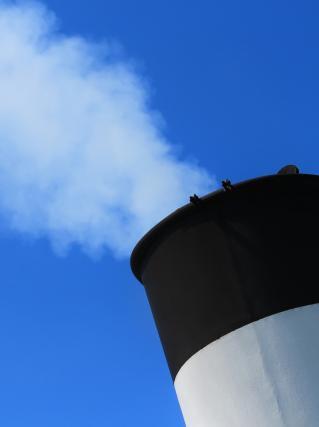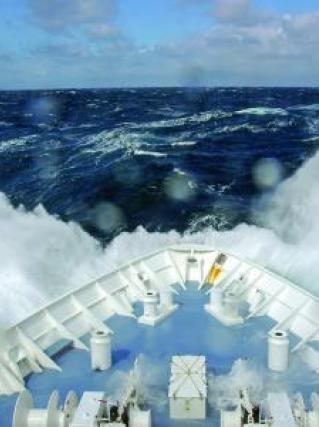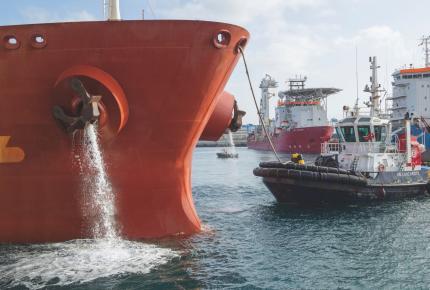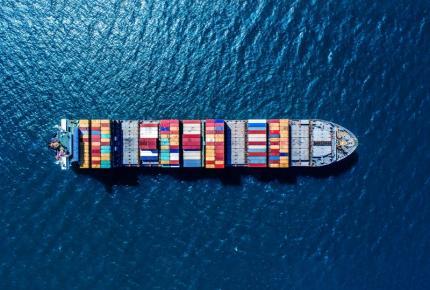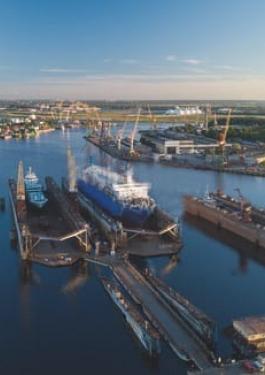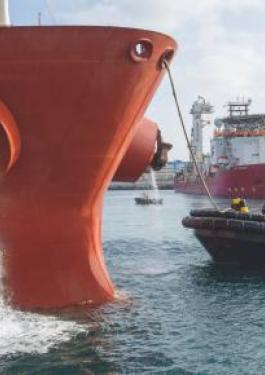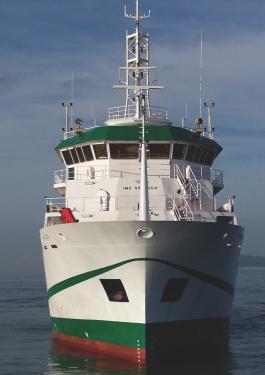EMISSIONS
MONITORING
Ship operators must stay up-to-date with a series of new regulations that require emissions reduction and reporting. The EU’s monitoring, reporting and verification (MRV) regulation goes into effect in 2018 for all merchant ships of 5,000 GT or above, calculating emitted CO2 on voyages from, to and between EU ports. In parallel, the IMO DCS requests the same but worldwide.
IMO’s 2020 Global Sulphur Cap poses strict limits on how much sulfur can be released into the atmosphere. Bureau Veritas supports operators by explaining these regulations and helping clients remain compliant.
Operators must monitor CO2 emissions released for any voyages to or from EU Member State ports, keeping records on both per-voyage and annual bases. For IMO Global Sulphur Cap 2020 (0,50% global compliance), vessels operating within Emission Control Areas (ECAs) and Sulfur Emission Control Areas (SECAs) will have to use fuel oil with a maximum sulfur content of 0.10%. Once the relevant data has been collected, operators must develop and deliver reports to the proper authorities.
OUR OFFER
REDUCING EMISSIONS
Bureau Veritas Solutions Marine & Offshore helps operators determine whether using an exhaust gas scrubber is the right choice for their vessel, and if so, what kind of scrubber system to use. Our experts also provide support in transitioning from heavy residual fuel oils (HFO) to distillates. We also have dedicated rules in place for LNG as fuel, and can support owners in converting their vessels or future-proofing ships with our GAS-PREPARED notation.
REPORTING AND VERIFICATION FOR EMISSIONS DATA
Bureau Veritas Solutions Marine & Offshore helps clients understand the EU MRV and IMO DCS regulations, achieve and maintain compliance for fuel emissions, and obtain approval of EU-MRV plans. Our My Fuel Consumption application simplifies compliance with both EU MRV and IMO DCS and EU MRV (Monitoring, Reporting, Verification).
Your guide to monitoring,reporting and verification of CO2 emissions from ships
Download
